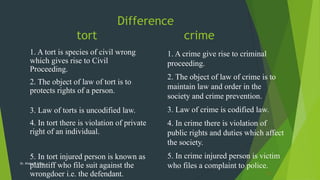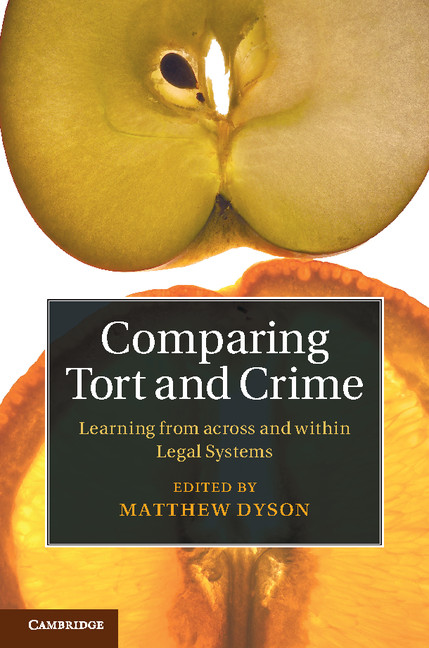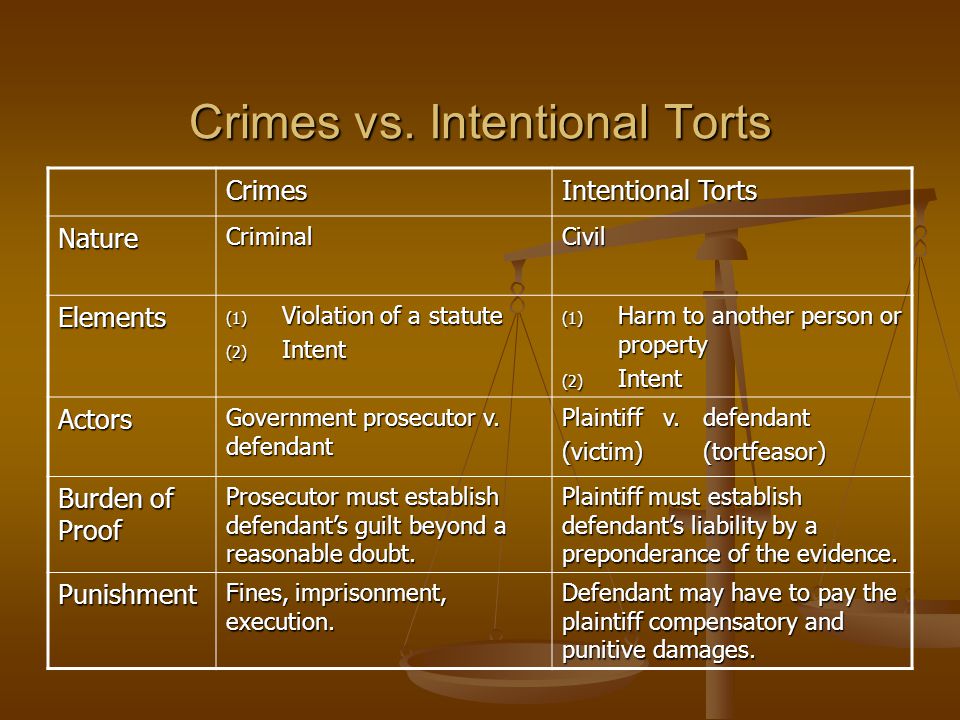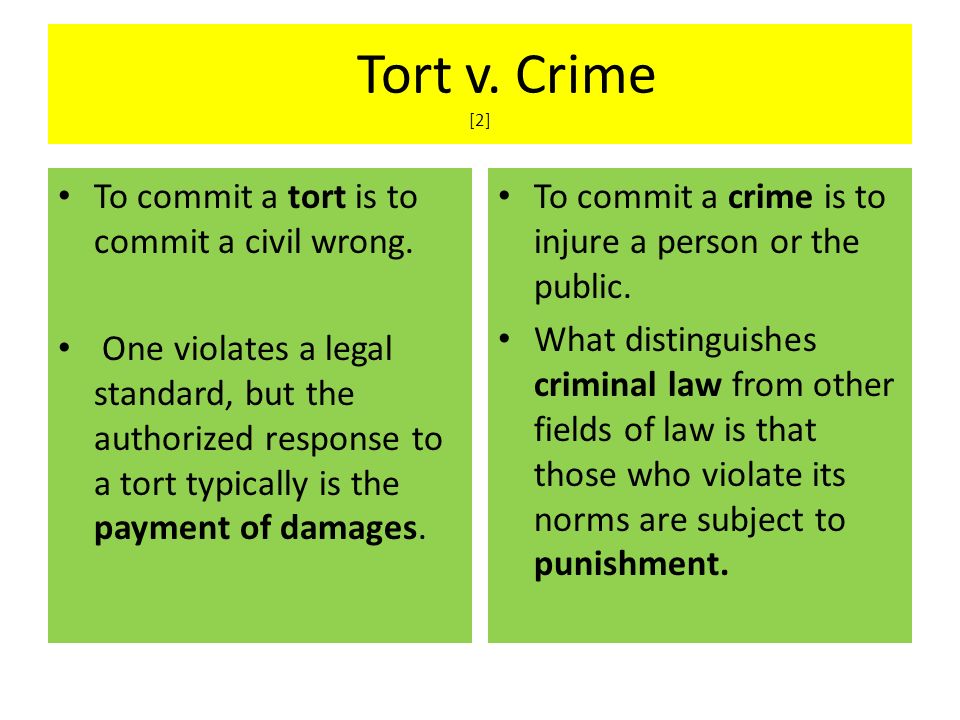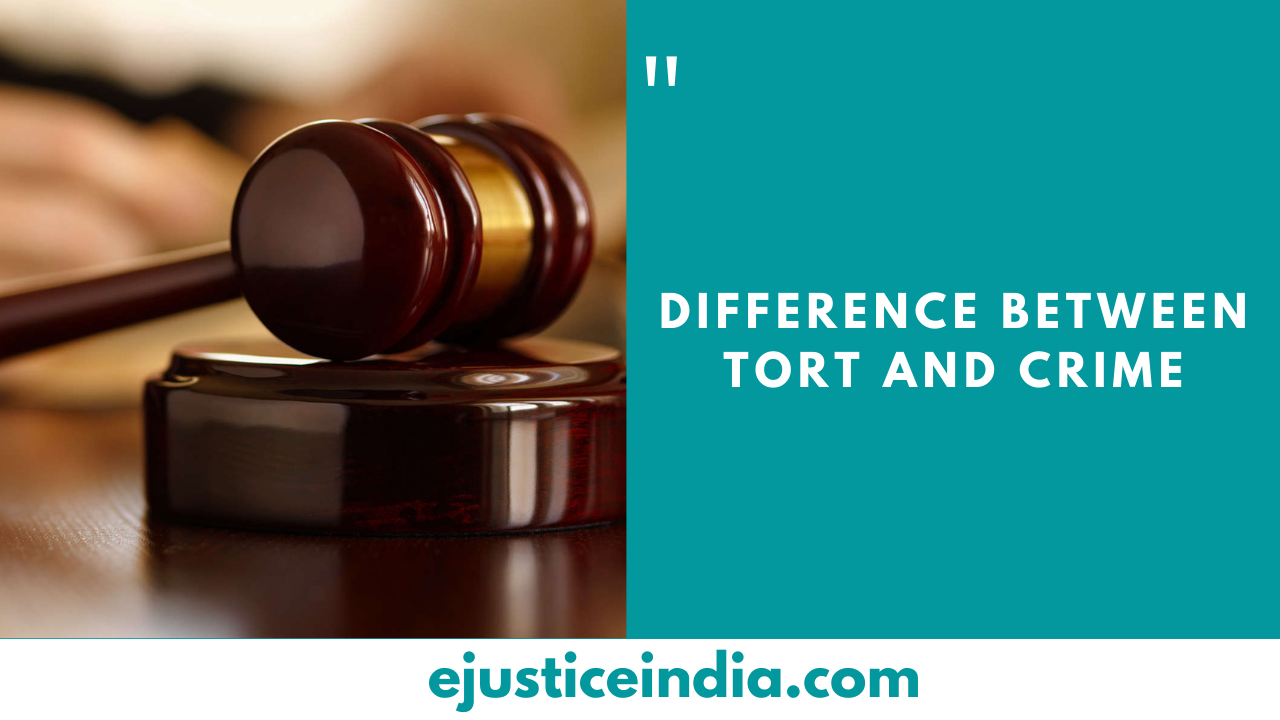Torts and crimes are two distinct types of wrongs that are recognized by the law. While both torts and crimes involve the commission of a wrong, there are several important differences between the two. Understanding the distinctions between torts and crimes is important for anyone who wants to understand the legal system and how it operates.
One of the main differences between torts and crimes is the type of harm that they involve. Torts generally involve harm to an individual's private interests, such as their property, reputation, or physical well-being. In contrast, crimes involve harm to society as a whole, and are considered to be offenses against the state. This means that torts are usually resolved through civil litigation, while crimes are prosecuted by the government.
Another key difference between torts and crimes is the standard of proof required to establish liability. In civil cases involving torts, the plaintiff must prove their case by a "preponderance of the evidence," which means that it is more likely than not that the defendant is liable. In criminal cases, however, the standard of proof is much higher. The prosecution must prove the defendant's guilt "beyond a reasonable doubt," which means that there can be no doubt in the mind of a reasonable person that the defendant is guilty.
A third difference between torts and crimes is the type of remedies that are available. In civil cases involving torts, the remedy is typically monetary damages, which are paid to the plaintiff to compensate them for the harm they have suffered. In criminal cases, the defendant may be sentenced to imprisonment, fines, or other forms of punishment.
Finally, torts and crimes differ in terms of the parties involved. In civil cases involving torts, the parties are the plaintiff and the defendant. In criminal cases, the parties are the state (represented by the prosecution) and the defendant.
In conclusion, torts and crimes are two distinct types of wrongs recognized by the law. Torts involve harm to an individual's private interests, while crimes involve harm to society as a whole. Torts are resolved through civil litigation, while crimes are prosecuted by the government. The standard of proof required to establish liability is different in torts and crimes, and the remedies available are also different. Finally, torts involve private parties, while crimes involve the state as a party.
